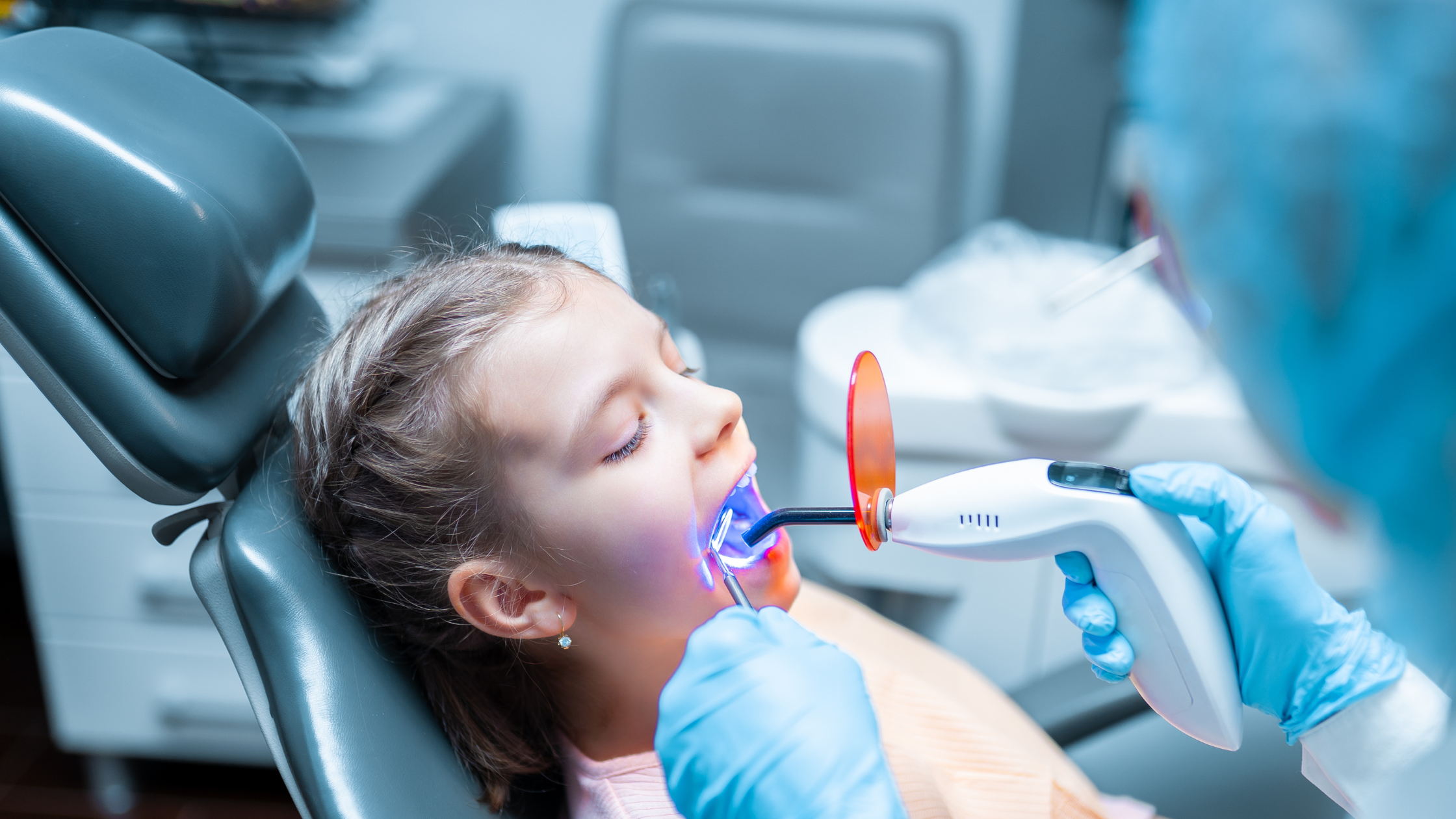As a parent, I’ve always been concerned about my child’s dental health, especially when it comes to more invasive procedures. Sleep dentistry, or sedation dentistry, offers a solution that promises to ease the anxiety and discomfort children often experience. But the question remains: is sleep dentistry for children in Brisbane safe?
In this article, I’ll explore the safety aspects of sleep dentistry for children in Brisbane, drawing on expert opinions and the latest research. Understanding the risks and benefits can help you make an informed decision about whether this option is right for your child. Let’s dive into the world of sleep dentistry and uncover what you need to know to ensure your child’s safety and well-being.
Understanding Sleep Dentistry for Children
Sleep dentistry offers children a stress-free dental experience by using sedation techniques. For parents in Brisbane, this option ensures a calm and painless procedure.
What Is Sleep Dentistry?
Sleep dentistry, or sedation dentistry, involves administering medications to help children relax during dental treatments. Dentists may use various sedation levels: minimal, moderate, deep, and general anaesthesia. Minimal sedation relaxes the child but keeps them awake, while general anaesthesia renders them completely unconscious.
- Anxiety Reduction: Sedation calms anxious children, making dental visits less stressful. For example, children with past traumatic dental experiences feel more at ease.
- Pain Management: Sedatives ensure pain-free treatments, making procedures like tooth extractions and fillings more bearable.
- Efficiency: With reduced movement and anxiety, dentists work more efficiently, often completing treatments in one session.
- Improved Dental Health: Regular check-ups and treatments become less daunting, promoting better oral hygiene habits.
This section ensures that parents understand how sleep dentistry can benefit their children, making informed decisions about their child’s dental health in Brisbane.
Safety Concerns in Sleep Dentistry
Evaluating the safety of sleep dentistry for children involves understanding potential risks and established safety protocols. Parents must stay informed to ensure their child’s well-being.
Recognising Potential Risks
Sleep dentistry generally maintains a high safety standard, yet some risks exist. Allergic reactions to sedatives, although rare, may occur. Incomplete medical histories can compound risks. Potential for over-sedation, if not closely monitored, exists. Respiratory issues, though uncommon, need vigilant oversight to prevent complications.
Safety Protocols and Measures
Dentists follow stringent protocols to ensure safety during sleep dentistry. Comprehensive medical assessments identify children at risk for complications. Pre-sedation consultations involve reviewing medical histories and discussing potential allergies. Monitoring equipment tracks vital signs throughout procedures, maintaining a constant check on the child’s condition. Well-trained staff implement emergency protocols, ensuring swift responses to any issues.
Using these measures, dentists create a controlled, safe environment for children undergoing sleep dentistry in Brisbane.
Sleep Dentistry Procedures in Brisbane
Sleep dentistry offers a range of procedures specifically designed to cater to children’s dental needs in Brisbane. The focus is on ensuring children remain calm and comfortable throughout their dental treatments.
Types of Sedation Used
Different sedation types suit various dental procedures and children’s needs. Inhalation sedation, like nitrous oxide (laughing gas), keeps children awake but relaxed. Oral sedation, involving liquid medication, makes children drowsy while still responsive. Intravenous (IV) sedation induces deeper relaxation and partial sleep. Lastly, general anaesthesia renders children fully unconscious, suitable for extensive procedures. These options ensure the best match for each child’s anxiety level and treatment requirement.
Regulation and Standards in Brisbane
In Brisbane, sleep dentistry adheres to strict regulations to ensure children’s safety. Australian Dental Association (ADA) guidelines dictate sedation procedures. Dentists providing sleep dentistry must hold specific qualifications, including appropriate training in sedation techniques. Clinics must meet Queensland Health’s stringent standards, including up-to-date equipment and emergency readiness. Regular audits and monitoring guarantee that these safety protocols are consistently followed, providing parents peace of mind about their children’s dental care.
Parental Guidance and Involvement
Parents play a crucial role in ensuring the safety and effectiveness of sleep dentistry for their children. Active participation can significantly impact the outcomes of dental procedures.
Choosing the Right Dentist
Selecting an experienced dentist is essential for a child’s safety. I recommend looking for practitioners specialised in paediatric dentistry and certified in sedation techniques. Verify the dentist’s qualifications through the Australian Dental Association (ADA) to ensure compliance with standards. It’s also vital to consider dentists who communicate well with both children and parents, fostering a reassuring environment. Clinics that offer consultations can provide insights into their approach and allow parents to ask pertinent questions.
Pre and Post-Procedure Care
Proper pre-procedure preparation and post-procedure care are critical. Before the appointment, I suggest discussing the child’s medical history with the dentist, including any allergies or conditions. Follow the specific instructions given by the dentist to reduce risks, such as fasting guidelines if general anaesthesia is planned. After the procedure, monitoring the child’s recovery is vital. Observe for any side effects like prolonged drowsiness or nausea and contact the dentist if concerns arise. Adhering to the post-procedure care plan, including prescribed medications and dietary recommendations, supports a smooth recovery.
Key Takeaway
Sleep dentistry for children in Brisbane offers a reassuring and effective way to manage dental anxiety and ensure comprehensive care. By understanding the different sedation levels and choosing a qualified paediatric dentist, parents can significantly ease their child’s dental experience.
It’s crucial to follow pre and post-procedure guidelines to ensure a smooth process and recovery. With proper research and communication with dental professionals, parents can make well-informed decisions, ensuring their child’s dental health is in safe hands.
